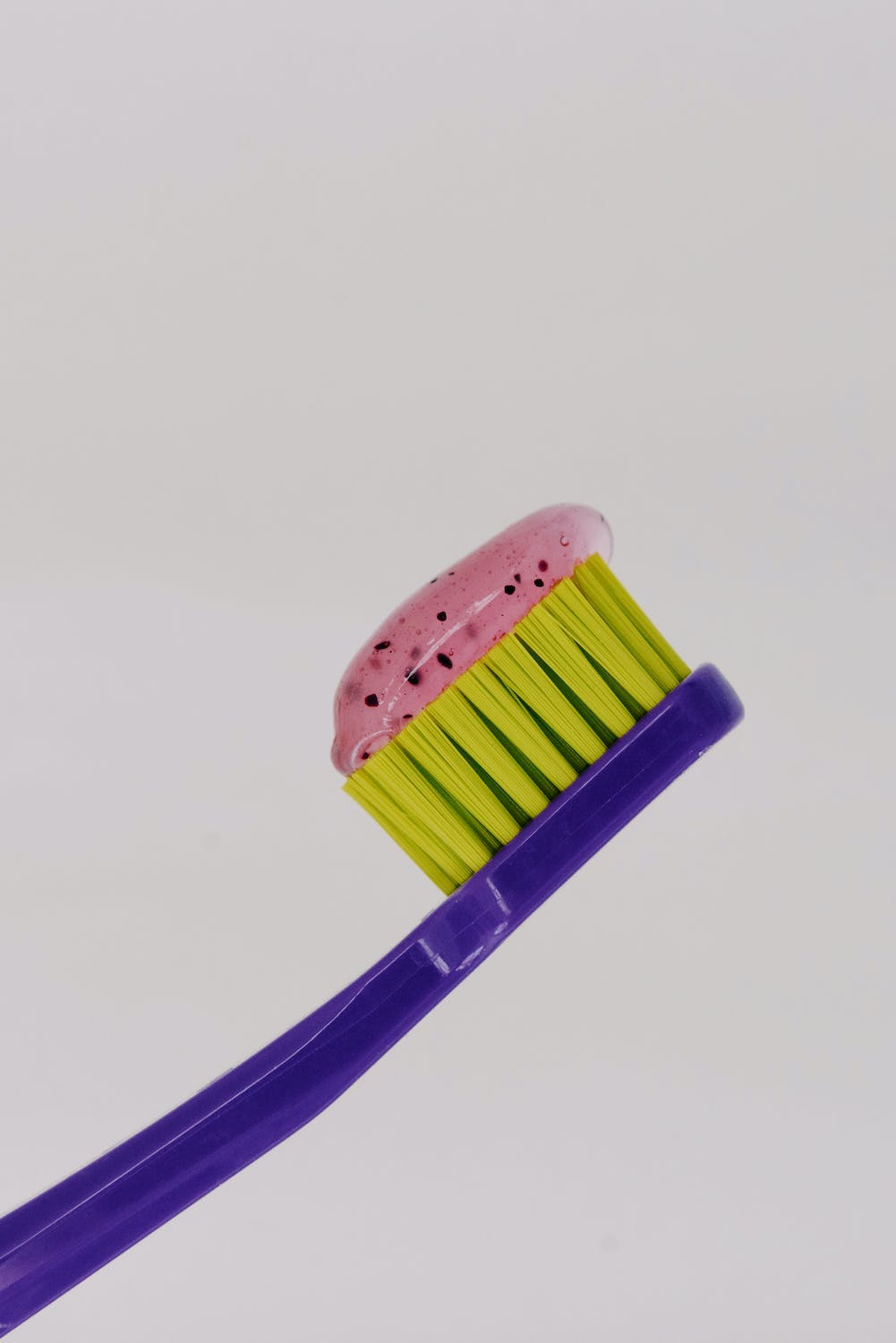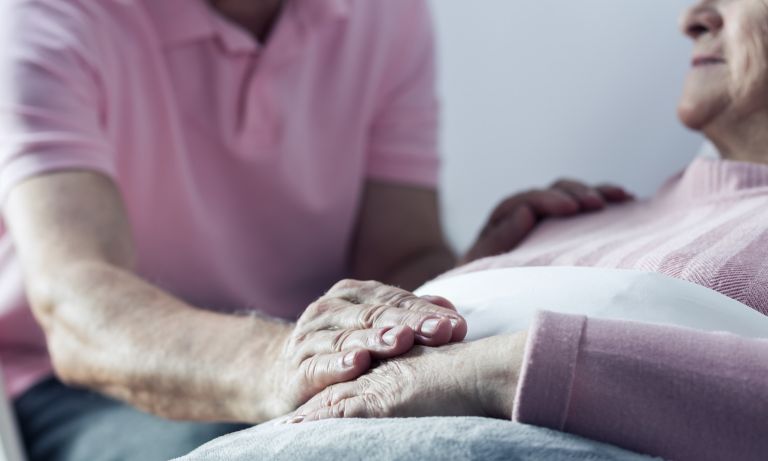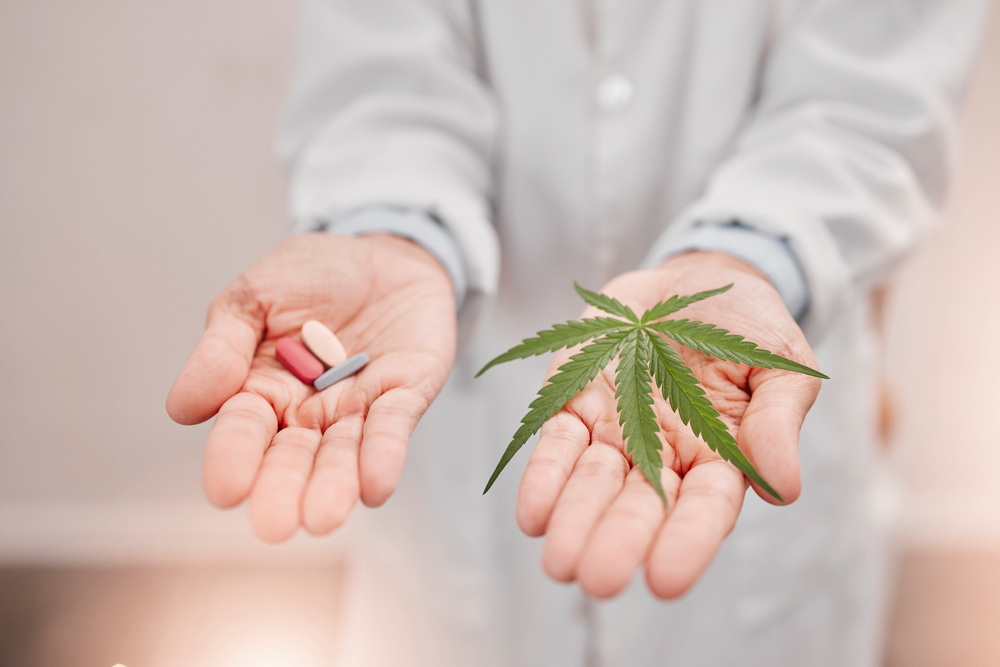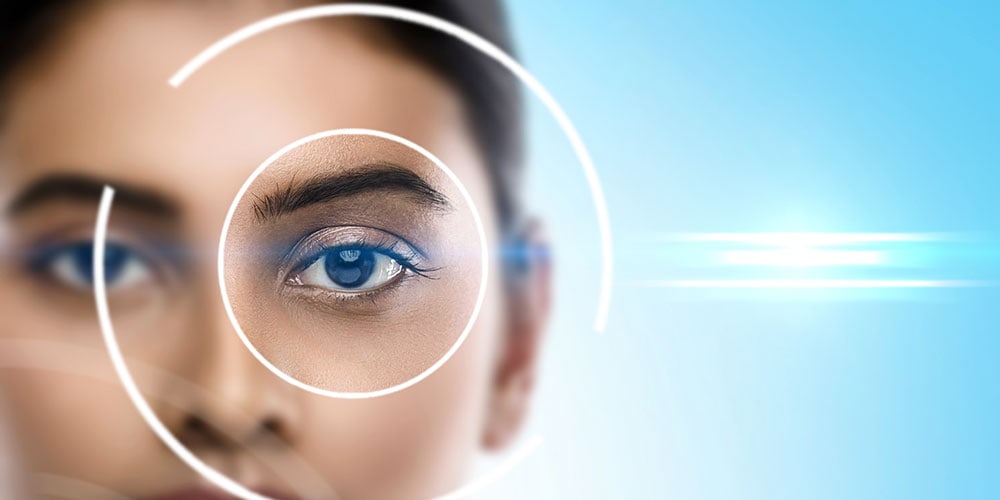
- Get the family on a regular exercise schedule with activities like bike rides, yoga, hiking, and walks.
- Have healthy meals together to provide important nutrients and foster strong bonds. Make it special by packing lunch.
- You need to schedule regular checkups with the doctor for each family member.
- Talk openly about mental health issues to encourage open discussions without fear of judgment or rejection from others in the household.
- Practice good sleep hygiene habits like avoiding screens before bed and taking time to relax.
Taking care of your family’s health is more than just about keeping them safe from illness and disease-it’s also about making sure that your family looks and feels beautiful. Here are a few tips for taking better care of your family’s health so that you can enjoy a beautiful life together.
Get everyone on the same exercise schedule.
Exercise is one of the best ways to keep your family healthy and looking their best, so make sure everyone in the family is working out at least a few times a week. To encourage everyone in the family to stay active, you can plan fun group activities like the following:
Bike rides
Bike rides are a great way to get your whole family outside and moving. Not only is it healthy, but it’s also a fun bonding experience for the entire family. Bike rides can be short or long, and you can even do them in the local park.
Yoga
Yoga is great for strengthening the mind, body, and spirit. Plus, it’s a great way to bond with your family while getting some exercise. You can find plenty of online resources that teach yoga poses for all ages and abilities.
Hiking
Hiking is an amazing way to explore nature while getting some exercise. Plus, it’s a great family bonding activity that everyone can enjoy together. To make the experience even more special, pack a lunch and make sure to take plenty of pictures along the way!
Walks
A leisurely stroll is a great way to get your family outside and moving. Taking long walks together can be both therapeutic and fun! Let everyone choose the route or take turns leading the pack. You can even make it a game by looking for wildflowers or counting how many different trees you spot along the way.
By ensuring everyone in the family is getting adequate exercise, you’re helping to keep them healthy, happy, and looking their best.
Eat healthy meals together.

Mealtime should be about more than just shoveling food into your mouth. It should also be an opportunity for quality bonding time with your loved ones. Eating healthy meals as a family will not only provide important nutrients and vitamins but will also help foster strong bonds between family members.
Schedule regular checkups with the doctor.
It’s important to make sure all of your family members are getting regular checkups with their primary care physician, especially if they have any pre-existing conditions or chronic illnesses that need to be monitored closely. This will ensure they are staying on top of their health and receiving proper medical treatment when needed.
Talk openly about mental health issues and concerns.
Mental health is just as important as physical health, so make sure you talk openly with your children about any mental health issues or concerns they may have, such as anxiety or depression. Encourage open discussions about these topics so that everyone in the family feels comfortable talking about them without fear of judgment or rejection from others in the household.
Practice good sleep hygiene habits.
Getting enough quality sleep each night is essential for both physical and mental health. Encourage your family members to practice good sleep hygiene habits like avoiding screens before bed, turning off the lights early, and taking time to relax before hitting the hay. By getting into a consistent sleep routine, everyone in the family will be well-rested and healthy.
Invest in quality health and beauty products.
Finally, investing in quality health and beauty products will help ensure that your family looks and feels their best. Look for natural or organic skincare and hair care products from reliable brands like Moringa-O2. These products are designed to nourish the skin and hair without the use of harsh chemicals, so you can feel confident that your family is getting the best possible care.
Taking care of your family’s health is essential to ensure they look and feel their best. By following the tips outlined here, you can make sure that everyone in the family is getting enough exercise, eating healthy meals together, scheduling regular checkups with the doctor, talking openly about mental health issues, practicing good sleep hygiene habits, and investing in quality health and beauty products. With these simple steps, you can help create a beautiful life for your entire family!










